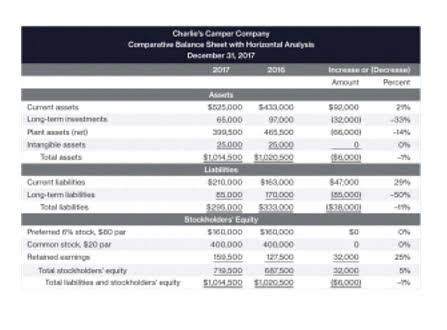
Controllers take action to help companies reduce risk, improve accuracy and, at smaller firms, effectively manage cash. They collaborate closely with other management team members to ensure that the organization’s financial information is accurate, timely, and compliant with all applicable rules and regulations. Overall, both accounting managers and controllers require a great deal of specialized knowledge that is best acquired through years of experience in the field and higher education. Those with extra qualifications, such as a CPA certification or an MBA degree, will be more attractive to employers and may have an advantage when competing for these positions. Controllers will also make suggestions on how to improve the business in order to drive results and achieve goals that have been set.

Controllers are employees in the accounting department who manage the finances of the organization. They are involved in the budget setting activity at the start of the company’s fiscal year. Controllers are responsible for ensuring that all departments work within their respective controller vs chief accounting officer budgets. They have the power to recommend budget cuts due to any unforeseen circumstances that may happen. The CFO and CEO collaborate to make a case, based on the CEO’s vision and the CFO’s data, to get company-wide buy-in for changes in direction and new ideas.
Where does a controller work?
Depending on an organization’s size, the accounting team may consist solely of a part-time bookkeeper. Whom a company selects as its accounting manager depends on the size and scope of its accounting functions. In today’s business landscape, it is essential to have a financial team that can support your vision. When it comes to managing the finances of your small business, it can be hard to know who to turn to.
Consider things like size, growth plans, current financial challenges as well as future goals when making this critical decision. A controller is responsible for managing the day-to-day financial operations of a company. They oversee accounting processes, such as accounts payable and receivable, payroll, and financial reporting. The controller ensures that all financial transactions are recorded accurately and in compliance with regulatory standards. The role of a CAO involves managing complex financial systems, including budgeting and forecasting processes. They also oversee internal controls over financial reporting and maintain relationships with external auditors.
Controller vs. Chief Accounting Officer: Which Management Position Suits You Best – Conclusion
The main job responsibility of an Accounting Manager is to be the financial accounting expert. They deliver 100% complete and accurate financial accounting statements to the Controller. At TGG, our Accounting Managers are the bridge between TGG and the client as they assist with implementing processes, addressing the needs of their client(s) and relaying that information back to the TGG team. The differences between Controllers and Chief Finance Officers can be seen in a few details.
Citigroup Names Next Controller, Accounting Chief – WSJ – The Wall Street Journal
Citigroup Names Next Controller, Accounting Chief – WSJ.
Posted: Fri, 25 Sep 2020 07:00:00 GMT [source]
It’s the controller’s responsibility to keep your financials accurate and compliant. So, they must be detail-oriented, trustworthy, and knowledgeable about the rules and regulations that affect your industry. A controller is typically responsible for overall financial management and reporting, including preparing financial statements, budgeting and forecasting, and managing the accounting department. A controller and a chief accounting officer (CAO) are both senior-level positions within a company’s finance department but have slightly different responsibilities.
Controller vs. Chief Accounting Officer: Understanding the Differences and Which One Your Business Needs
This may range across all finances departments including accounts payable, purchasing, vendor management, treasury, financial reporting, and financial planning. As to pedigree, a good CFO will have an undergraduate degree in finance or a related field, and most will hold a master’s degree, CPA, or CMA. Look for a track record of building and executing strategies that successfully improved efficiency and profitability in addition to technical skills.
- Few accountants ever worry about burning out or feel compelled to switch industries, and many will move into positions of prominence and importance in an organization.
- They have an in-depth understanding of financial accounting including all accounting requirements, GAAP rules, accrual accounting, etc.
- Its primary goal is to properly compile and summarize operational performance indicators — for example, inventory levels and costs.
- Hansei has its roots in Japanese culture but is universally applicable, beneficial in the workplace, personal well-being, and educational settings.
- Although the controller doesn’t always maintain the annual budget, the controller position monitors variances, summarizes trends and investigates budget deficiencies.
- Performance measurement is the process of measuring an organization’s progress toward its strategic objectives.
- The CFO, or Chief Financial Officer, is the head of an organization’s finance team.
